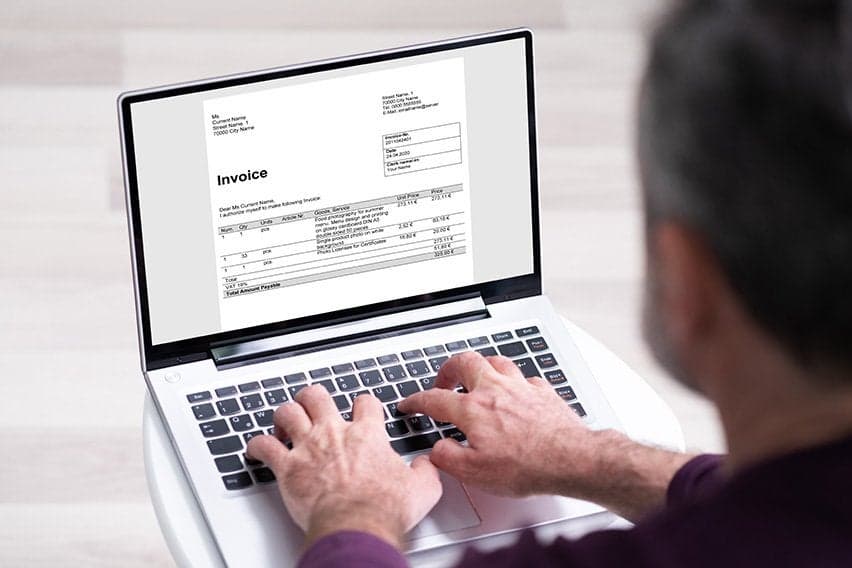What Does FOB Mean on an Invoice? | Shipping Invoice Definitions
Updated on March 28, 2019 | 3 min. read
FOB on an invoice stands for Free On Board or Freight On Board and refers to the point after which a business shipping products to a buyer is no longer responsible for the items. FOB is a common agreement for international shipping. FOB is always followed by a designation to indicate when the seller’s obligation ends. Designations include FOB Shipping Point or FOB Destination.
FOB is most often included on commercial invoices. Check out this guide to learn about the different invoice types businesses can send and receive.
These topics will explain what FOB means on an invoice:
What’s the Difference Between FOB Shipping Point and FOB Destination?
Why Is FOB Important to Small Business Accounting?
What Is the Difference Between CIF and FOB?
What’s the Difference Between FOB Shipping Point and FOB Destination?
FOB Shipping Point means that the seller transfers ownership of the goods sold at the point of origin, when the items leave the seller’s warehouse. Under FOB Shipping Point, the seller would record the sale as soon as the goods leave the seller’s premises. The buyer then owns the products as soon as they leave the warehouse and therefore must pay any delivery and customs fees. The buyer would also be responsible for any damage, loss or theft.
FOB Destination means that the ownership of the products transfer from the seller to the buyer only when the goods arrive at the buyer’s location, in good condition. FOB Destination is more beneficial to the buyer, whereas FOB Shipping Point benefits the seller. FOB Destination is written out as the destination city. For example, if a company was shipping its goods to New York City, it would be written out as FOB New York.
Why Is FOB Important to Small Business Accounting?
FOB is important for small business accounting because it sets the terms of the shipping agreement. FOB determines whether the buyer or the seller pays the shipping costs and who is responsible if the shipment is damaged, lost or stolen.
FOB also determines when a business will record a sale for accounting purposes. If a shipment is designated as FOB Shipping Point, the sale will be recorded in the accounting system as soon as the shipment leaves the seller’s dock. At the same time, the buyer will record in its accounting system that inventory is on route. That inventory then becomes an asset in the buyer’s accounting books even though the shipment hasn’t yet arrived.
What Is the Difference Between CIF and FOB?
CIF stands for Cost, Insurance and Freight, whereas FOB stands for Free on Board. Both CIF and FOB are agreements used for international shipping when products are transported between a seller and buyer. The main difference between CIF and FOB is who is responsible for the products in transit.
A CIF contract stipulates that the seller is responsible for the insurance and all other associated shipping costs. Under a CIF agreement, the seller’s transportation responsibilities include:
- Transportation of the goods to the closest port
- Loading the goods onto the shipping vessel
- Paying for the insurance of the goods
- Paying for all associated shipping costs
In FOB agreements, the responsibility for shipping transfer to the buyer as soon as the goods leave the seller’s location under FOB Shipping Point. Or, the responsibility can transfer to the buyer once he or she receives the goods if there is a FOB Destination agreement in place.












